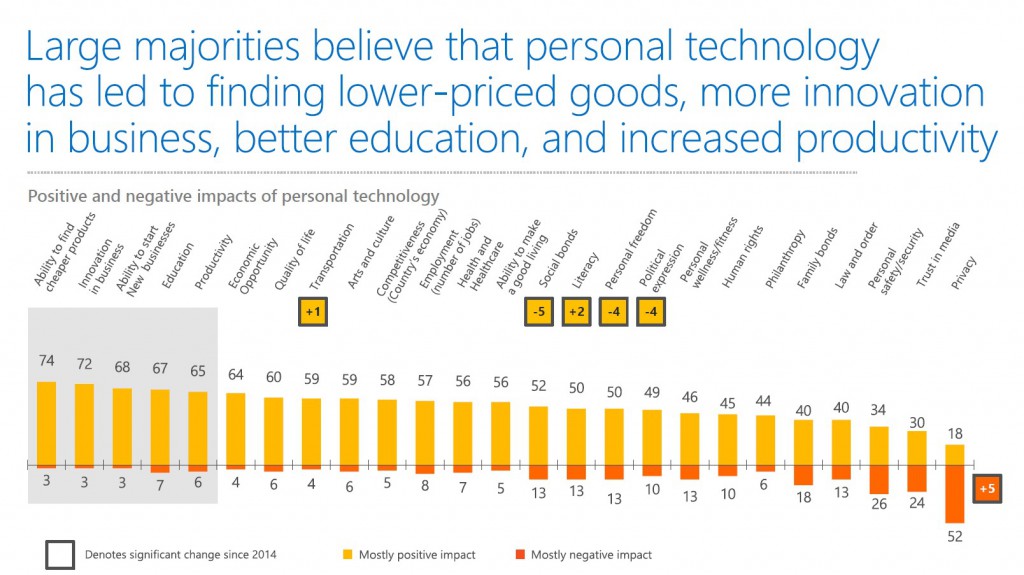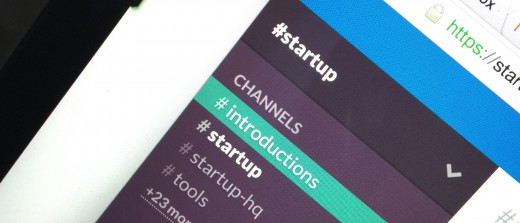
How Lego Became The Apple Of Toys
Editor’s note: This is a great story of the ups and downs of Lego, of change, innovation and creativity.

Editor’s note: This is a great story of the ups and downs of Lego, of change, innovation and creativity.

Editor’s note: This review of Learning Technologies by Mark Berthelemy makes some good points about the the learning tech market. It is also provides some pointers on how to transform your learning without spending much money.

Editor’s note: Miss the Learning Technologies Conference and Exhibition this week? Don’t fear because David Kelly has done a sterling job pulling together all the content that has been shared and created in and around the event. This is a valuable resource.

Editor’s note: The BBC has put together this multi-media story of how news will change in the future. As well as the presentation of this piece of content, this is worth looking at to see how we will be consuming and interacting content in the future.

Editor’s note: Social media researcher Danah Boyd writes a powerful response to a teenager’s view of social media. This article sets out why we all need to be wary of biases around what’s written about people/cohorts/generations when it comes to technology.

Editor’s note: A 2015 reappraisal of knowledge management looking more closely at how to get to the knowledge you really need to help support the organisation. Interesting methodology here.
We caught up with #sugata mitra, professor of Educational Technology at the School of Education,…
Here are our tweet highlights from the Chat2lrn Twitter chat on #design thinking. [View the…
Live notes from the panel debate . . . Speakers Donald Clark (DC) Chair -…
Live blog, may be typos . . . Professor Sugata Mitra, Professor of Educational Technology,…
Editor’s note: This is a well referenced article that provides a recent history of how MOOCs have developed and how successful they have been. Its focus is higher education but the research cited is very useful.

Editor’s note: As personal and work technology merges (slowly in places) it is useful to get a view on how people perceive technology. This research from Microsoft shows that people are generally positive about the impact of technology although privacy is a major issue.

Editor’s note: This week Facebook unveiled Facebook for Work. It raised, once again, the topic of social networking tools within organisations and it brought me top this interview with Slack co-founder Stewart Butterfield. If you haven’t tried it then give it a go – it is a lightweight type of Yammer and is great for comms around projects. I like Butterfields comments on ‘institutional memory’. Aren’t these the tools that will bring to light much sought after ‘tacit knowledge’?
Editor’s note: This report tackles the issue of measuring the impact of ‘human capital’. It’s a topic that comes in and out of fashion but don’t be put off by that. This report has some interesting insights into what training data should and could be measured and how that related to other human capital and business metrics. Worth a look if you are interested in learner data and current debates around that.
Editor’s note: Sam Burrough and I are running a MOOC on social learning and as we research the topic we find that there maybe emerging model to describe the impact of digital culture on learning but that these are emergent. This is a great – and well referenced – article by Steve Wheeler which acts as a good starting point for anyone trying to establish exactly what social learning is.
